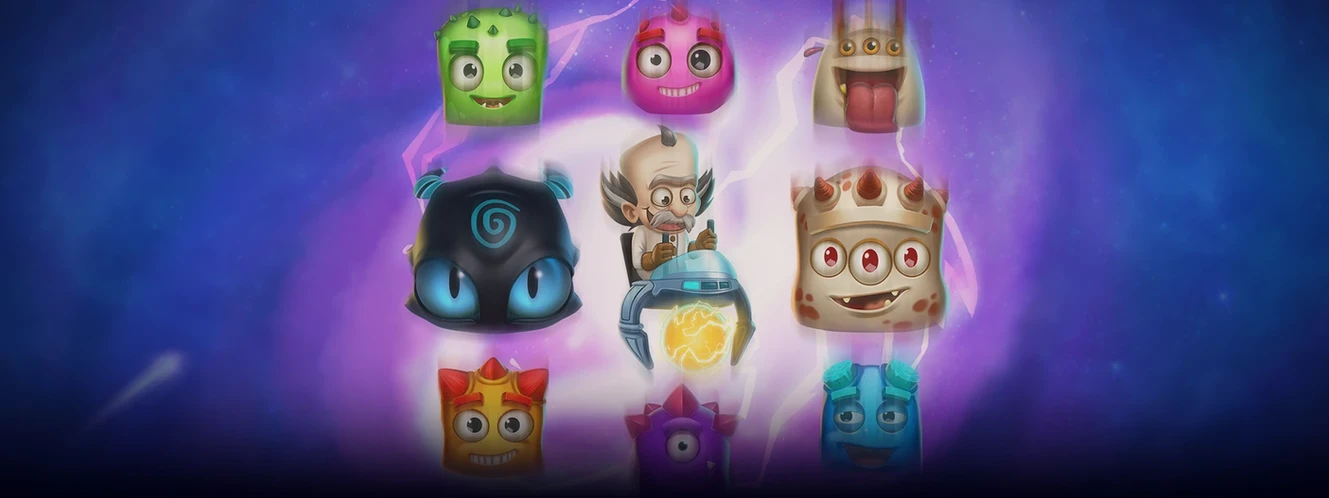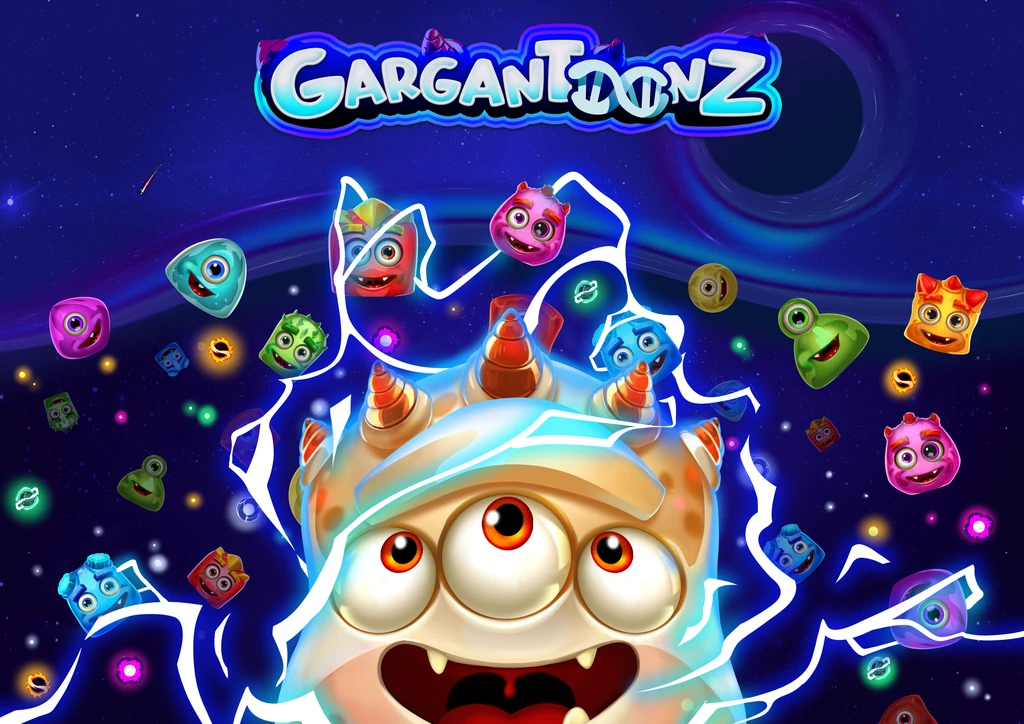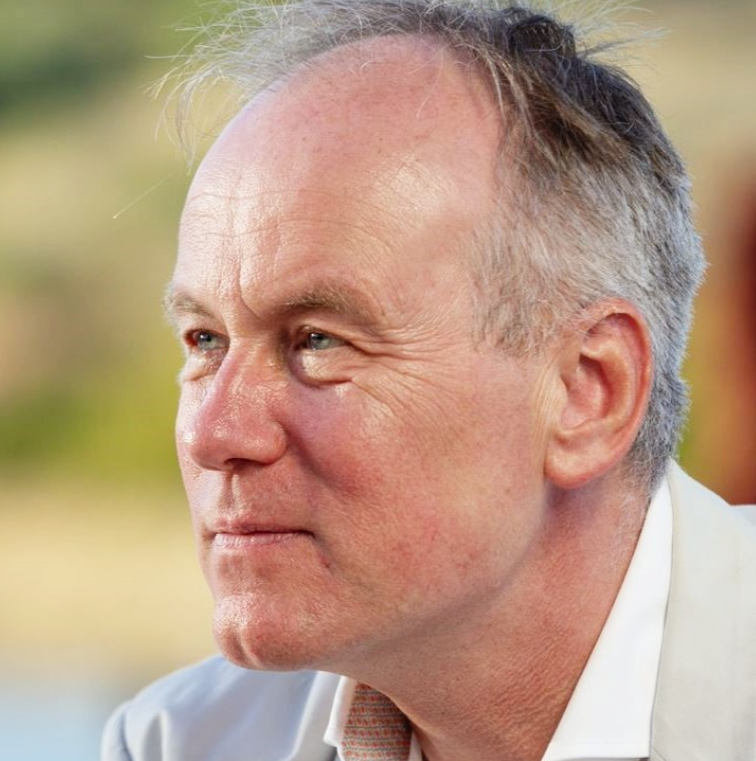Play’n GO leads from the front: Turning gambling into entertainment

“We focus on the entertainment value, that’s our strategy, instead of the gambling aspects and measuring the best GR (gross revenue) turnover which can drive irresponsible behaviour.”
Over the past five years, Play’n GO has seen impressive commercial success. From its top-rated slot games like the popular Toonz series with its latest instalment Gargantoonz, to securing certifications across the US in Michigan, New Jersey and West Virginia, the games developer is continuing to expand and grow.
For Olsson, these successes are down, in part, to Play’n GO putting responsible gambling at the crux of everything it does. So much so that the supplier doesn’t offer any bonus buy games, something its competitors cannot claim.
“I’m very happy about our strategy working so well because we get some bad press from multiple sources about not doing bonus buy games,” he says. “They ask us why we don’t do it constantly, but we stick to our guns and it pays off.
“We are actually happy if the bet per round goes down a bit because that means more responsible gaming, it means longer session types and it means that players can play for entertainment and not to fix a financial problem.”
Play’n GO’s take on bonus buy games seems to go hand-in-hand with the direction that the industry is taking to tackle potential problem gambling behaviours. With a year that has seen a harsher spotlight shone on operators’ and suppliers’ safer gambling initiatives, sign-up and in-game bonuses have been thrust centre stage.
Take the UK Gambling Act review white paper, released in June 2023, as an example. It highlighted sign-up bonuses as something that needs to change, alongside more in-depth KYC (know your customer) and affordability strategies.
“We all want revenue but we want the right money.”
Though coming under scrutiny from industry peers, Play’n GO’s determination to only develop games that promote responsible gambling behaviour seems to be paying off.
“I’m so focused on rounds and players instead of the turnover,” says Olsson. “Looking at 2023, so far we have more than 50% year-on-year growth on rounds and players in regulated markets and that’s way above our plan.”
Play’n GO’s biggest challenges of the year
“We believe in getting the message across that regulation is actually really good. We keep knocking on the door asking ‘please regulate and tax us’. No other industry in the world does that.”
Operating in an ever-changing landscape, the igaming industry is hard to keep up with, even for the most established companies. For Play’n GO, the biggest challenge of the year has been the complexities of working and operating in the German market, where regulations make it incredibly difficult for legal operators to roll out new titles. Each game must be certified, and each operator needs a licence to offer slots then additional permissions for every game.
“The regulation in Germany is, in my opinion, not done yet,” says Olsson. “They need to fix it. Germany is a big market for us so we really want it to be fully functional. This isn’t a Play’n GO problem as much as it is an industry problem.”
Setting aside the competition: The key differentiators
“We want to grow in all regulated markets – that’s our main goal. Ultimately we want to be in every regulated market there is.”
Getting into every regulated market is an aspirational goal, and one that requires the game developer to do something different to its competitors. For Play’n GO, not offering things like
bonus buy games is a risky policy, especially since there’s a huge amount of money to be made off the back of them. But Olsson doesn’t believe that revenue should be the only driver behind the commercial decisions at Play’n GO. Instead, he believes in asking one question: “What is our key differentiator?”
For Olsson, this was the most powerful insight to take from Play’n GO’s 2023 commercial review, and one that other players in the industry could learn from.
“Without clear differentiation, you will not survive in this industry. We ask the questions – what’s our ‘why’? What’s our goal? What’s our three-year plan? Where do we want to be? Having the answers to these questions enables us to make tough decisions like not doing bonus buy games.
“Then more questions follow like how much money do we lose with this decision? How much money do we gain by having this differentiator and a responsible strategy? That’s better money for us.”
With a determination to deliver safer games that don’t compromise on quality, Olsson believes that the key is to turn how the industry sees slot games on its head.

More quality, more entertainment value
“I love when I see that our strategy fits really, really well into what other major players in the industry are thinking, saying and doing – like turning this industry into an entertainment industry more than a gambling industry.”
Slot games are known as the quick win, quick lose games. For players, the games can last seconds if they lose their funds quickly on a basic one-click slot which can lead to a negative player experience. One of operators’ biggest challenges is player retention and a negative player experience will feed into this, regardless of other efforts that operators make to keep them.
But this is something that Play’n GO believes should change. Instead, the focus should be on the entertainment factor that can deliver a high-quality player experience.
“I think this industry is on a good trajectory, but we need to collectively stop some of the bad things from happening.”
“Our strategy is to focus on the entertainment value that we bring to our players. When a player goes onto a site to play games, we all know that if they deposit £100, that money can go easily because the house always wins. But if we get to a point, as an industry, where instead they have a high level of entertainment, players will feel like they’re buying entertainment, not just gambling money.
“Essentially, they’re buying an entertainment product. When they log off two hours later, they’ve lost maybe $50, but do they feel like this was a good transaction? I think the answer is yes, because they got their money’s worth of entertainment so they’ll log on again next week, or next month, and do the same thing.”
Play’n GO: Driving change for good
By putting entertainment value at the forefront of its strategy and changing the worldwide perception of the industry as a whole, Play’n GO wants to be the driver of change. And for Olsson in particular, he believes 2024 should be the year where the game developer vocalises its opinion more strongly than before.
“I think we can drive change and will do that much louder in 2024. Our voice and our opinion will be much louder when it comes to what’s going on in the industry, what we should stop doing as an industry and what we should do more of as an industry.
“I’ve had several meetings with the regulators in different jurisdictions and I told them what I think is working and not working and they like that. They like feedback. So having more of those conversations can help to change the stigma attached to gambling.”
What’s next for Play’n GO?
If you’re a fan of Play’n GO’s games, you’ll notice how the developers have accentuated the sensory elements to bring the storytelling of each slot to life. The visual and auditory developments of each game, like the popular Sweet Alchemy, is one of the key differentiators for Play’n GO.
AskGamblers highlighted this in a recent review: “Play’n GO decided to add a little magic to all this and introduce Candy, the alchemist that will help you learn the art of transmutation in order to land big wins. Visually, the slot looks great with sharp graphics and great colours, and it also hides a variety of mouth-watering features.”
With positive feedback across the board, Play’n GO used this to take its ambitions far beyond just developing award-winning slot games. Having recently launched its own Spotify channel featuring all of the best-loved music from its games, Olsson believes this is an extra step in the right direction for refocusing on an entertainment-led industry.
“We have professional musicians working on all of our game music,” he says. “For example, our successful game Hugo’s Legacy saw us work with the Czech National Symphony Orchestra, and they recorded the music live and this music is available on our Spotify channel.
“Music is one way for us to use our assets and show the quality of our work, not necessarily just to the gambling industry and to our players, but people who are interested in music. It’s all about the entertainment.”
Play’n GO’s growth plan: Expanding into new markets
Alongside innovative new games and the development of its Spotify channel, there’s much more on Play’n GO’s 2024 plan for fans to look forward to, especially with further expansion in the US on the horizon.
“I am hoping Maryland and New York are going to regulate which will be really big for us. I need to make sure my team is spending time on the right opportunities and I believe these two states are worth it.
“Our certification for Pennsylvania is around the corner so that’s very exciting for us. We focus solely on regulated markets so at some point in time, we’ll probably also look at getting certified in Delaware but not yet.”
With so much planned for the year ahead, Olsson is optimistic that Play’n GO can “drive even more aggressively our vision on what this industry should be and could be”.

Magnus Olsson is Play’n GO’s Chief Commercial Officer, and is responsible for carrying the Play’n GO portfolio of games and software to the market. Heading up a growing team including Sales, Account Managers, Support, and Integration, his department address operators around the world to provide the company’s award-winning products and the best customer experience in the industry.
Magnus has a wealth of experience in leading commercial sales teams, and since joining Play’n GO, has greatly expanded the commercial team, establishing strong positions in LATAM and North America.
